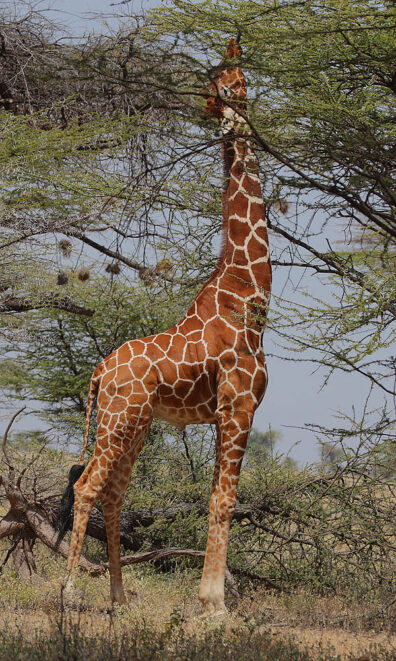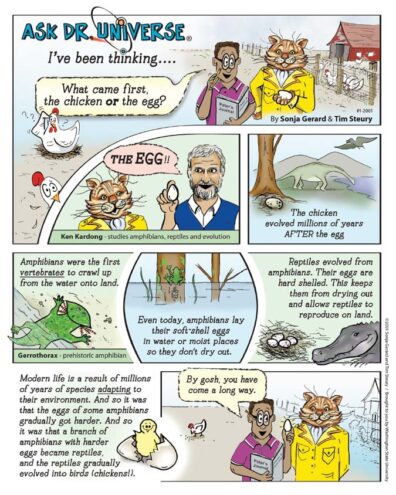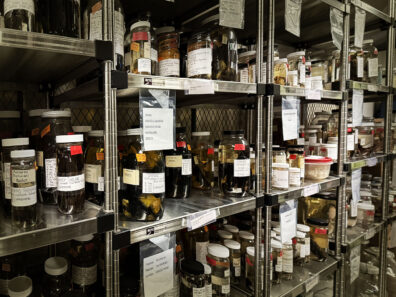Dear Dakota,
When I think about exploring the ocean, I think about the discovery of giant tube worms. They live in super- hot, mineral-rich water deep in the ocean. They don’t do normal things like eat or poop—but they can live for 300 years or longer. Scientists were shocked when they found them—and there’s probably much more to find.
[caption id="attachment_7794" align="alignnone" width="396"] These are tube worms that live by underwater volcanoes near the Galapagos Islands. The feathery red part is like a gill. It's filled with blood. It absorbs chemicals from the water and the volcano vent. Image: NOAA[/caption]
I talked about ocean exploration with my friend Gretchen Rollwagen-Bollens. She’s a biological oceanographer and plankton ecologist at Washington State University.
She told me that you’re right that we’ve only explored about 5% of the ocean. But it isn’t because we stopped trying. The ocean is just massive.
The ocean contains more than 321 million cubic miles of water. To imagine that, think of something that’s about a mile away from you. You might need to use a map app. Or ask a grownup for a landmark.
Now picture a giant 3D cube that same distance on each side. It’s 1 mile long, 1 mile wide and 1 mile deep. You would need 321 million of those to equal the ocean. Or think of a 1-gallon milk jug. All the water in the ocean would fill about 325 quintillion jugs.
Read More ...




